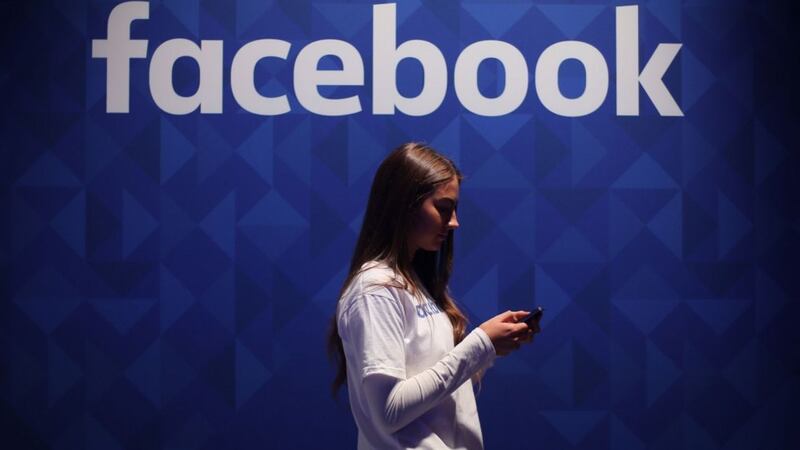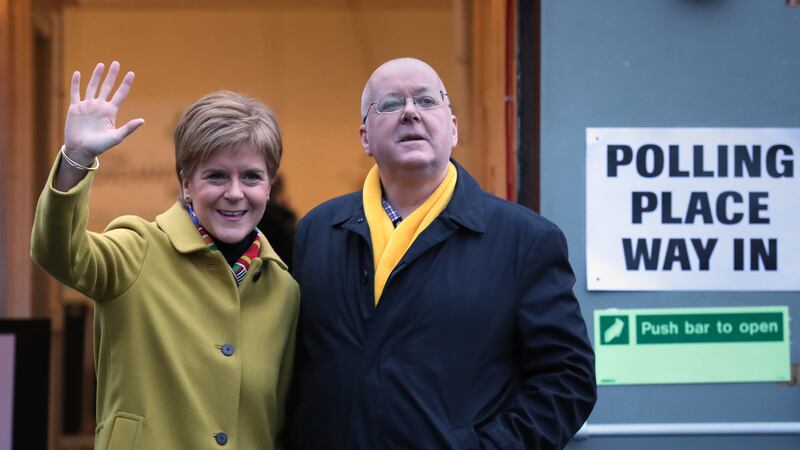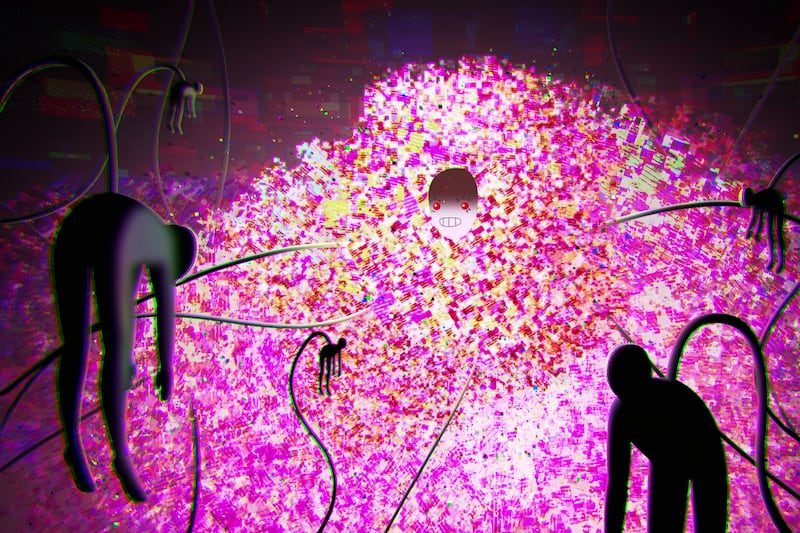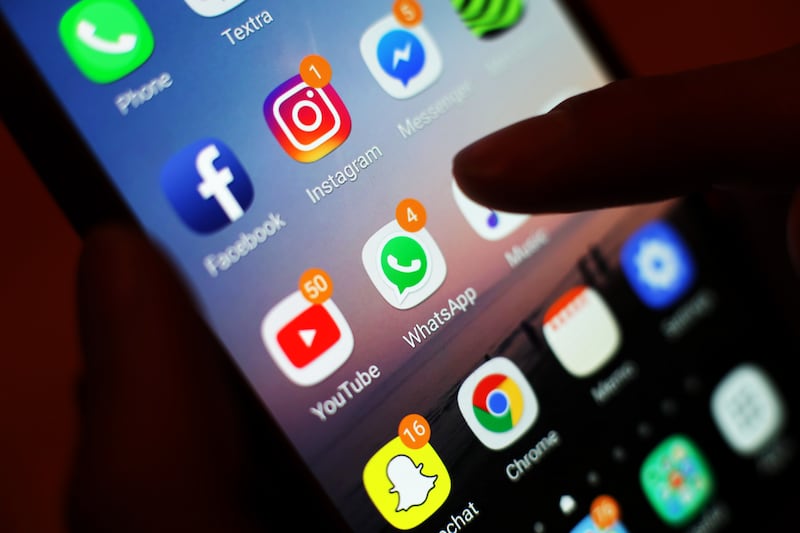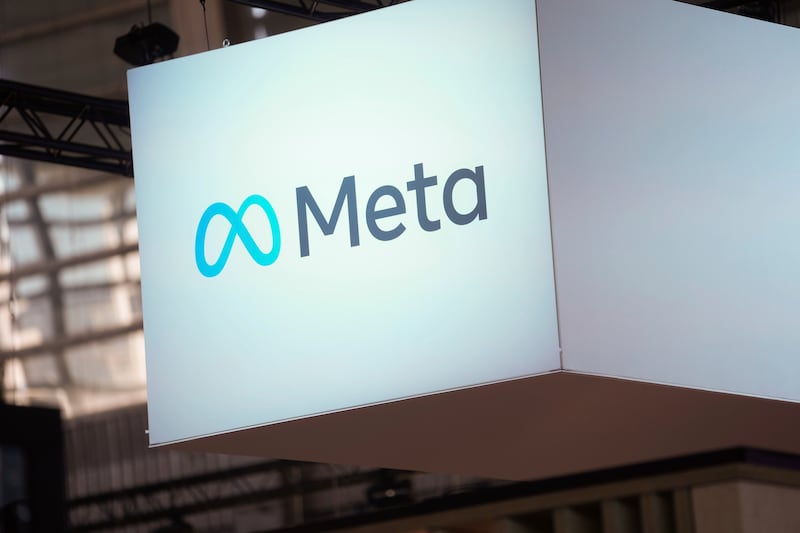Can simply looking at a Facebook logo make you crave it, especially if you are a regular user? Researchers believe there may be a link between visual cues from the social media site and an increased desire to use it.
Psychologists from the University of Amsterdam and Radboud University in the Netherlands, and University of Michigan in the US, conducted two studies on 200 volunteers.
In the first one, study subjects were presented with images of key visual elements that you associate Facebook with – like the logo and screenshots of the timeline.
They were also shown control pictures that were non-social media related – such as photos of staplers, sticky tapes and other office supplies.

The participants were then given a series of Chinese pictographs to rate on a scale of 1 to 7, with 1 being appealing and 7 being unpleasant.
They found that frequent users reacted more positively to the pictographs that followed the Facebook logo, whereas less frequent users did not respond any differently to Facebook and control cues.
In the second study, they added an additional parameter that documented Facebook cravings among the participants.
The cravings were measured based on participants selecting one of the following phrases after each experiment: “I want to use Facebook right now”, “I would love if it was possible to use Facebook right now”, “I will use Facebook immediately after I finished this survey”, “I strongly desire to use Facebook right now” and “I don’t need Facebook at the moment”.
Crying GIF – Find & Share on GIPHYDiscover & Share this Crying GIF with everyone you know. GIPHY is how you search, share, discover, and create GIFs.
The second study revealed “a positive association between pleasant responses to Facebook cues and Facebook cravings”.
The researchers also found what they describe as “a stronger hedonic reaction to Facebook cues” among regular Facebook users.
They concluded: “This research showed that exposure to social media cues triggers spontaneous hedonic reactions in frequent social media users.
“These spontaneous hedonic reactions to social media cues, in turn, appear to trigger social media cravings. Together, this might contribute to people’s difficulties in resisting desires to use social media.”
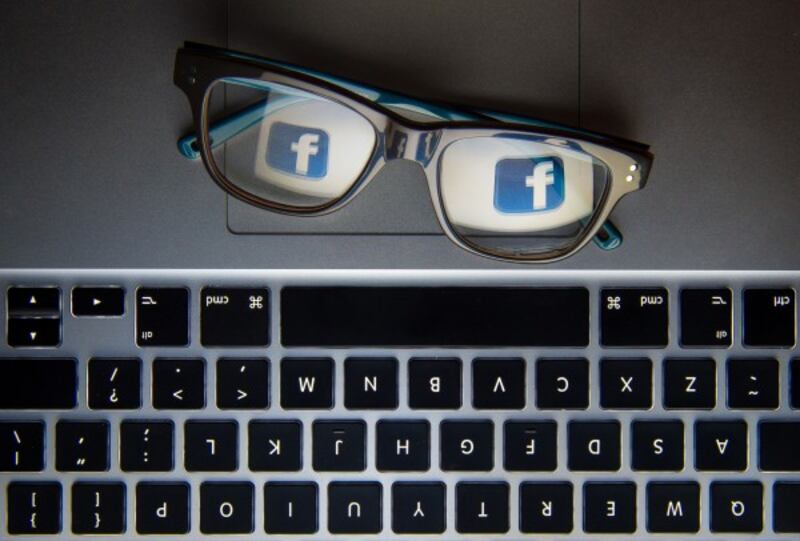
Brenda K Wiederhold, of the Interactive Media Institute in San Diego, California, who was not involved in the study, commented on the results, saying: “Findings in this study seem to be in line with previous research on cues and cravings in foods (such as chocolate) and substances (such as nicotine).
“Understanding hedonic reactions, both psychological and physiological, to social media cues can help us to develop more effective treatment and prevention protocols.”
The researchers say that while there may be a link between social media cues and social media cravings, more studies need to be done to explore how the cravings occur when users are subjected to visual cues.
The research is published in Cyberpsychology, Behaviour, and Social Networking.
